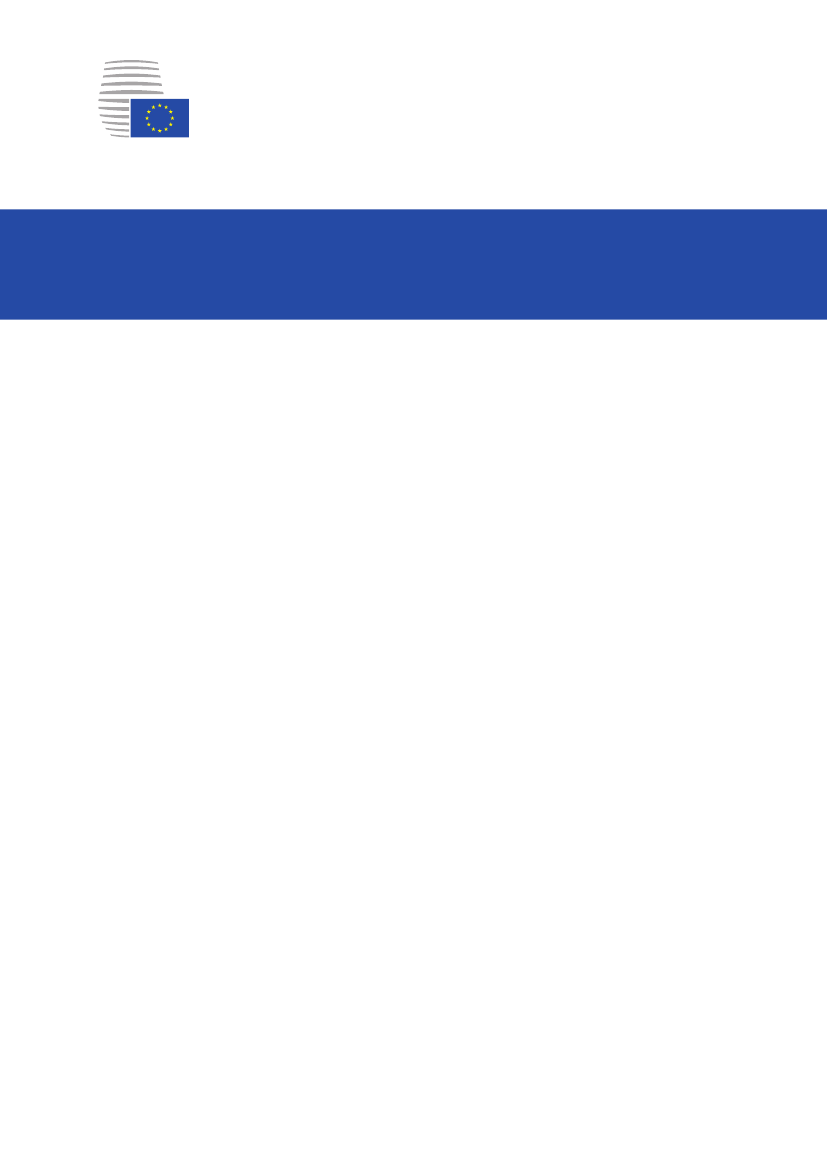
European Council
Leaders’ Agenda
December 2017
Migration: way forward on the external and
internal dimension
After the unprecedented migratory pressure on its external border in 2015, the European Union and
its Member States are gradually restoring control. In the process, we have considerably strengthened
our common policies and instruments. However, the migration challenge is here to stay for decades,
especially due to the demographic trends in Africa. Despite our efforts, the smugglers are working
energetically to exploit further vulnerabilities at our borders. A crisis situation can reoccur and so
in order to prepare ourselves, we need to categorically strengthen our migration policy. To achieve
this, we should first look at what has and has not worked in the past two years. On this basis, we
should consolidate our comprehensive approach and make it more sustainable with secure external
borders and the prevention of mass arrivals as a corner stone. In this context, we must also find a
consensus by June 2018 on the internal dimension of our migration policy, based on the concepts of
responsibility and solidarity.
Our experience to date shows that:
•
•
the EU can only tackle illegal migration effectively with the full involvement of Member
States and by the coordinated use of EU and Member States means and instruments;
no Member State can deal with this common challenge on its own, but decisive action by
lead Member States,
backed by the EU and assistance from other Member States, has
proven
to be effective
in stemming illegal migration flows to Europe, as shown most recently with
Italy’s role concerning Libya;
migration flows differ, and it is important to
distinguish between refugees and economic
migrants
in developing our policies;
ad hoc financial pledging is inadequate
to the scale of the challenge;
the issue of
mandatory quotas
has proven to be
highly divisive
and the approach has
received disproportionate attention in light of its impact on the ground; in this sense it has
turned out to be
ineffective.
•
•
•
1
LEADERS’ AGENDA
|
EN
|
December 2017